Enhancing Ukrainian war skills
)
Australian and Finnish Army soldiers are providing leadership training courses to Armed Forces of Ukraine (AFU) soldiers to enhance their survivability and lethality against invading forces in Ukraine.
The training is part of the UK-led multinational mission, Operation Interflex, to provide military skills training to the AFU.
Chief of Joint Operations Lieutenant General Greg Bilton, who visited the UK-based training area north of London, said Russia’s illegal invasion of Ukraine was a significant breach of international law.
“It is that compelling a reason that we need to make a contribution as a nation that supports the international system,” he said.
Australia expanded its commitment in January.
“Our contribution has shifted from recruit training to leadership training, helping grow the leadership capability but equally to enhance the survivability of junior leaders in the battle field,” Lieutenant General Bilton said.
“It is very important because the Ukrainian junior leaders have been killed in large numbers. In fact, the statistics are not dissimilar to those experienced during the First World War. And, noting the nature of the trench warfare ongoing in the Ukraine, the survivability of that level of leadership is really important to tactical success.”
Lieutenant General Bilton said the Australian training contingent had expanded from about 70 to 90 personnel, including about 70 trainers, as well as a number of medics, engineers and logistics staff.
Commander of the Australian Contingent in the UK Major Michael Jack said, together with Finnish soldiers, Australian soldiers were delivering three separate leadership courses: the section commander battle, platoon and company sergeant battle and platoon commander battle.
“These courses are designed to upskill the Armed Forces of the Ukraine to enhance their individual survivability as well as both individual and collective lethality,” Major Jack said.
He said the training was going well, despite the weather and usual winter sickness challenges.
“Cultural and language barriers have been successfully navigated through the assistance of civilian linguists and being able to spend time with each other to form that trainee-trainer bond,” Major Jack said.
“We have enjoyed a reciprocal learning environment between us and the Ukrainians. They are teaching us about the tactics, techniques and procedures – particularly around drone and counter-drone warfare and trench warfare – that they have had to adapt and employ in the war, and we are able to take that back home.
“We hope that over the time of their course they improve incrementally and, by the end of the course, their command and control at the section and platoon level has been enhanced to increase their survivability and lethality.”
Major Jack said most of the Army personnel on the current rotation hailed from the 7th Battalion, The Royal Australian Regiment, from Adelaide, and included a number of engineers and medics from the 9th Brigade.
Australia has to date committed about $780 million in materiel and financial assistance to support the AFU.
